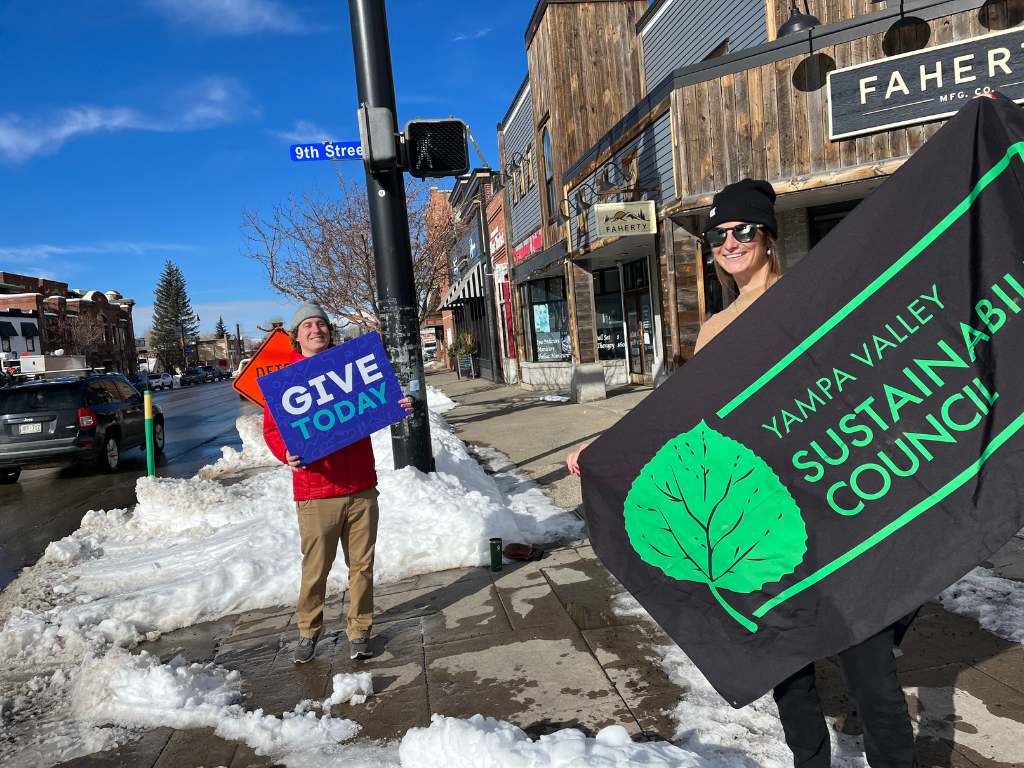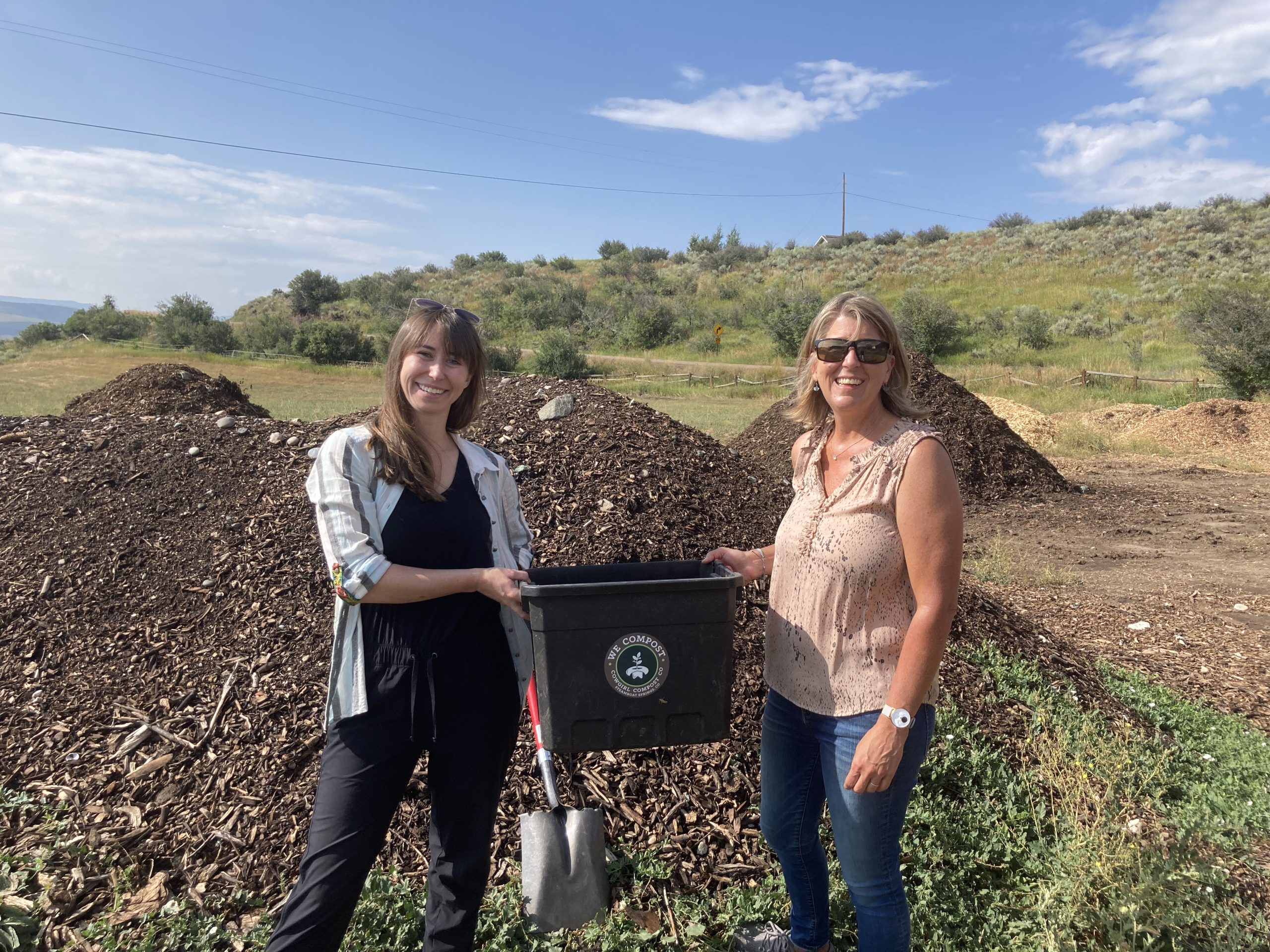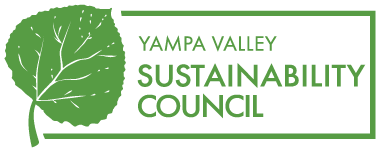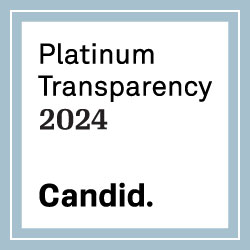JULY 6, 2018 BY
Guest blog by Morgan Statt
As consumers, we presume regulatory agencies protect us from anything harmful that may
otherwise be lurking on our drugstore shelves. But, there are still ingredients in today’s products
that may negatively impact both our health and the environment around us.
Before your next shopping trip, take note of these three ingredients and consider avoiding for
better health and a safer world.
1. Phthalates in medications
Phthalates are a chemical class used to make plastic more durable. They’re found in consumer
products such as children’s toys, personal care products, and electronics. You can also find
phthalates in medications as inactive ingredients or as a drug’s enteric coating. Aspirin,
antidepressants, and even dietary supplements can contain the ingredient.
Studies have linked phthalates to a number of health risks including hormone disruption,
infertility, type 2 diabetes, and breast cancer. The environment doesn’t bode well with phthalate
exposure either. There is growing concern for microplastic contamination disrupting the
hormones of animals, and scientists worry about potential health issues that might result. For
one, fin whales in the Mediterranean had phthalate levels five times greater than whales from
uncontaminated regions.
Paying attention to your medication intake is just one way to lower your exposure to phthalates.
If you take any prescription drugs that are “enteric-coated” or “time release,” ask your
pharmacist if any phthalate-free options are available. For over-the-counter medications,
double-check the label for any listing of the ingredient.
2. Talcum powder in personal care products
Talcum powder is a popular ingredient in personal care products like lotions, deodorants, and
baby powder because of its ability to keep the skin dry. However, the risk of using talcum
powder has been brought to light in recent years with notable court cases placing blame on
family brand Johnson & Johnson.
Thousands of women have filed claims stating that long-term use of Johnson’s products
containing talc caused their ovarian cancer diagnoses. Recent research published in the journal
Epidemiology showed a “consistent association between perineal talc use and ovarian cancer.”
The environmental impact of talcum powder is seen through controversial mining efforts. The
ingredient comes from the clay-based mineral talc, and unethical mining practices have
devastated local wildlife in the past, such as India’s tiger population.
The FDA only regulates talc in food products, yet has no restrictions in place for cosmetics.
Thankfully, some companies now offer “talc-free” options. Considering this alternative for your
health and the environment.
3. Oxybenzone in sunscreen
In May, Hawaii passed a bill to ban 70% of sunscreens on the market today because of the
ingredient oxybenzone. This known hormone disruptor is not only linked to allergic skin
reactions and male infertility, but it’s also being blamed for the destruction of coral reefs.
The US National Oceanic and Atmospheric Administration published a 2015 paper that explains
when oxybenzone enters our oceans, it effectively kills off juvenile coral. Modern medicine relies
on coral reefs for notable medical advancements in HIV treatments and certain cancers, so it’s
vital that we protect the coral reef ecosystem from further destruction.
The FDA treats sunscreen like over-the-counter medications, which results in a stricter approval
process for new ingredients. Many believe this classification has impeded innovation as no new ingredients have been approved since the 1990s.
When it’s time to restock your sunscreen, check ingredient labels and consider avoiding those
that contain oxybenzone. Opt for mineral-based varieties with titanium dioxide or zinc oxide,
which effectively protect against the sun’s harmful rays. Both your health and the environment
could benefit.
Morgan Statt is a health and safety investigator who focuses on a number of consumer issues including trending health news and product safety. Follow her organization ConsumerSafety.org on Twitter for recalls, safety tips, and the latest stories in consumer wellness.






